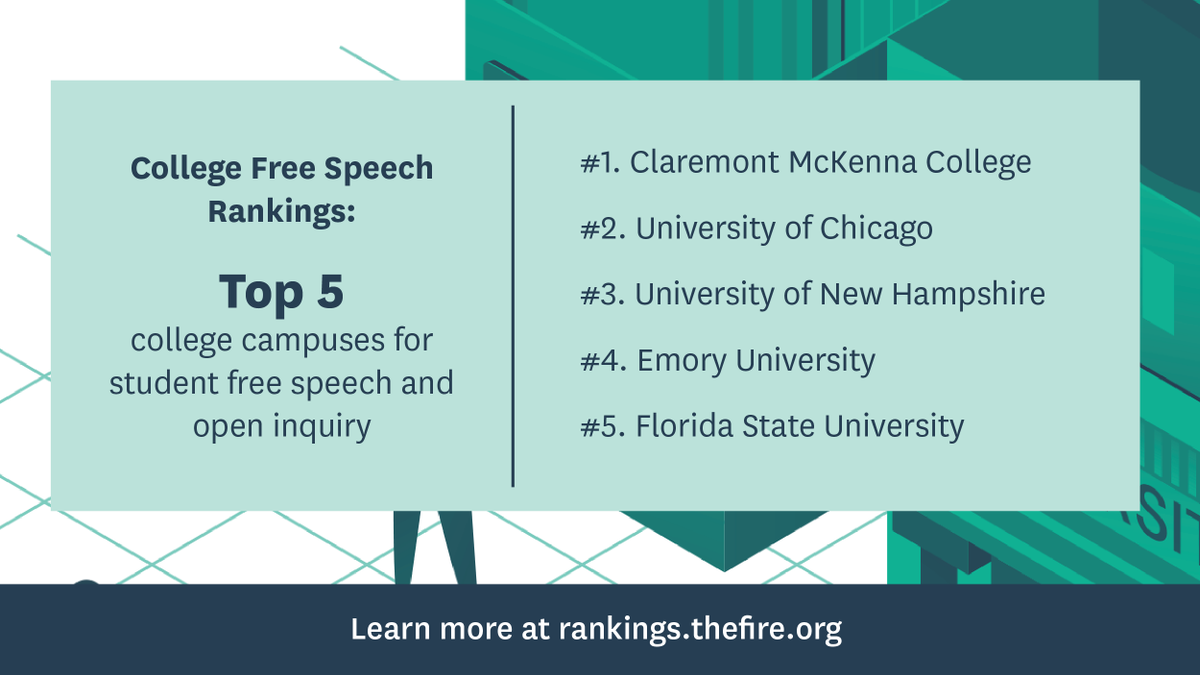
If professors at @UW want to include a land acknowledgment statement on their syllabi, they must parrot the administration’s viewpoint or shut up.
thefire.org/university-of-… #academicfreedom #FreeSpeech @uwcse
thefire.org/university-of-… #academicfreedom #FreeSpeech @uwcse
@UW @uwcse Professor Stuart Reges learned this the hard way when a land acknowledgement on his syllabus was censored by administrators because it didn’t match a university-approved statement.
@UW @uwcse The university's suggests land acknowledgement statements as a best practice.
That the statement could be adapted seemed clear – until a professor wrote one that administrators didn’t like.
That the statement could be adapted seemed clear – until a professor wrote one that administrators didn’t like.
@UW @uwcse Professor Reges' statement read:
“I acknowledge that by the labor theory of property the Coast Salish people can claim historical ownership of almost none of the land currently occupied by the University of Washington.”
(A nod to Locke's theory of property rights.)
“I acknowledge that by the labor theory of property the Coast Salish people can claim historical ownership of almost none of the land currently occupied by the University of Washington.”
(A nod to Locke's theory of property rights.)
@UW @uwcse Prof. Reges was ordered to remove his statement from his syllabus immediately.
He refused and criticized the school's inconsistency in allowing other professors to include modified statements that are less critical of the suggested version.
He refused and criticized the school's inconsistency in allowing other professors to include modified statements that are less critical of the suggested version.
@UW @uwcse Now, the *only* position professors’ syllabi can take on this issue is the one preapproved by @uwcse.
@UW @uwcse But Prof. Reges has academic and free speech rights and @UW, a public university, is bound by the First Amendment to respect those rights.
Today, FIRE wrote to UW to demand the school stop its viewpoint-based discrimination of faculty speech!
go.thefire.org/university-of-…
Today, FIRE wrote to UW to demand the school stop its viewpoint-based discrimination of faculty speech!
go.thefire.org/university-of-…
• • •
Missing some Tweet in this thread? You can try to
force a refresh







